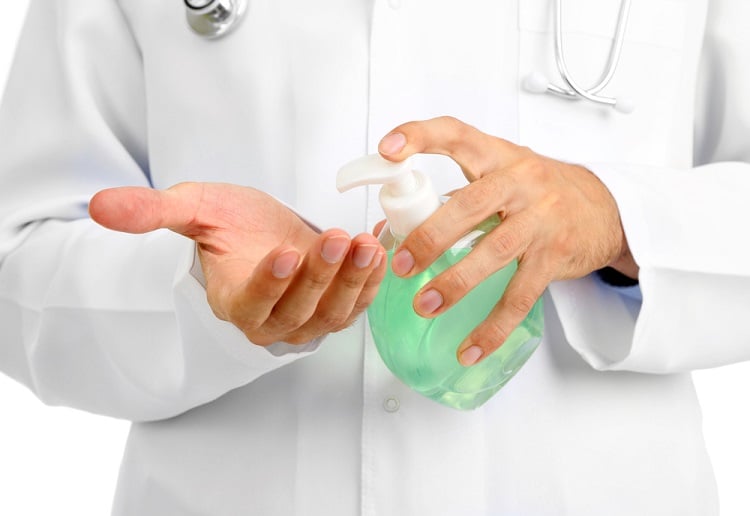US Food and Drug Administration’s ban antibacterial soaps containing ingredients such as triclosan because of evidence they can pose health risks, such as bacterial resistance.
Friends of the Earth has welcomed the ban with Louise Sales from Friends of the Earth’s Emerging Tech Project saying“ the continued use of potent antimicrobials such as triclosan and nano-silver in consumer products is contributing to a crisis that the World Health Organisation has labelled one of the greatest threats to human health today.”
“Health experts agree that the widespread use of antimicrobials such as triclosan and nano-silver in consumer products will further increase the problem of superbugs. We should restrict the use of these powerful antimicrobials to hospitals, where they are needed most.”
“More than 7000 Australians die each year from superbugs – that’s four times our annual road toll. The government needs to take urgent action to tackle this growing public health crisis and ban the use of these ingredients in consumer products.”
A 2013 UNSW study found that overexposure to silver nanoparticles can cause potentially harmful bacteria to rapidly adapt and flourish.
“This is the first study that has demonstrated that a widely occurring bacteria can adapt quite rapidly to the antimicrobial action of nano-silver. It raises serious concerns that the widespread use of nano-silver in consumer products could be helping to breed superbugs,” said Ms Sales.
“The medical community has been turning to nano-silver as an antimicrobial of last resort to prevent superbug infections. But at the same time, many companies have been marketing nano-silver as an ingredient in everyday products such as socks, underpants and toothbrushes.”
“For too long, industry has been preying on public fears and commercialising a range of anti-microbial products that pose a major public health risk. It’s time for the Federal Government to regain control and put public health before private profit.”
“The banning of triclosan by the US Food and Drug Administration is great news, although it is tragically about two decades too late. It’s a classic example of a new chemical which initially went unregulated – and after decades of potential harm is only now being regulated. It really illustrates the need for a precautionary approach to the regulation of chemicals and new technologies. Unfortunately our Federal Government is currently moving in the opposite direction,” Ms Sales concluded.
Should Australia also ban antibacterial soaps?
Share your comments below.




















-

-
-
mom87160 said
- 31 Oct 2016
-

-
-
june11 said
- 03 Oct 2016
-

-
-
mom93821 said
- 26 Sep 2016
-

-
-
hopefullyheidi said
- 10 Sep 2016
-

-
-
mom134803 said
- 08 Sep 2016

-

-
-
jess said
- 08 Sep 2016
-

-
-
mom90758 said
- 07 Sep 2016
-

-
-
mom71820 said
- 07 Sep 2016
-

-
-
mom160421 said
- 07 Sep 2016
-

-
-
mom64356 said
- 07 Sep 2016
Post a comment11:24 am
9:37 pm
7:08 pm
4:30 pm
2:11 pm
-

-
-
mom93821 replied
- 27 Sep 2016 , 5:47 am
Reply10:11 am
7:37 pm
12:36 pm
12:22 pm
11:25 am
To post a review/comment please join us or login so we can allocate your points.